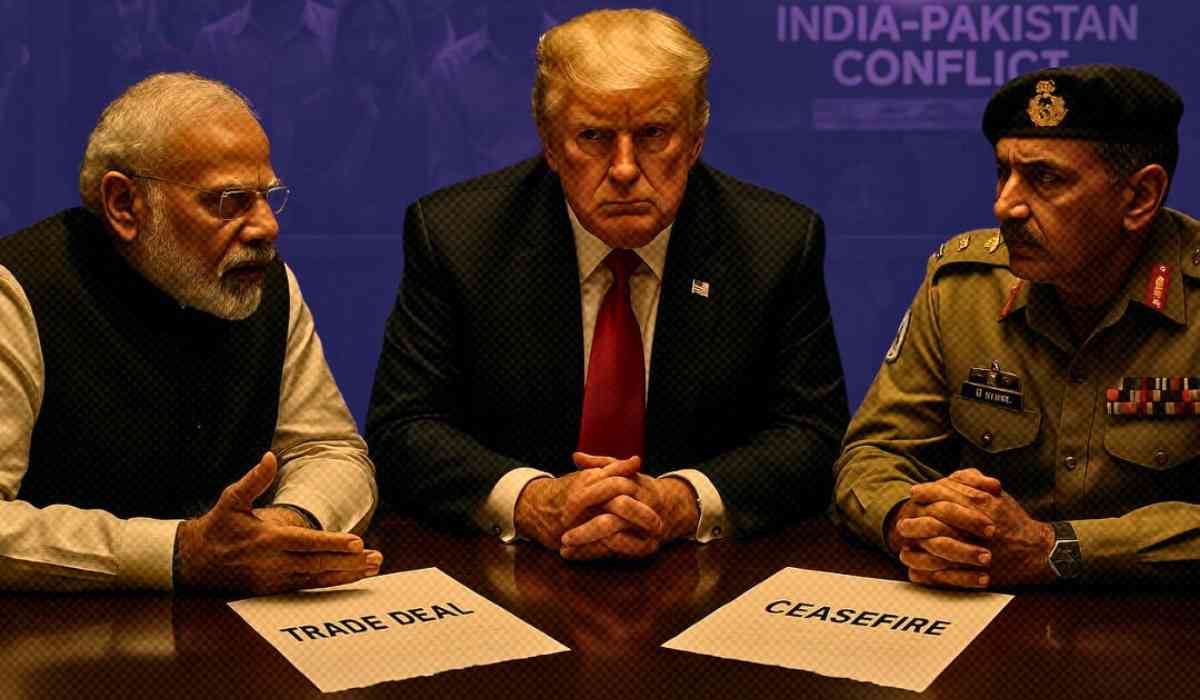In May 2025, a significant ceasefire was declared between India and Pakistan following a series of intense skirmishes, which many international observers hailed as a de-escalation of one of the world's most dangerous rivalries. Former U.S. President Donald Trump claimed credit for mediating this ceasefire, suggesting his involvement helped bring the two nuclear-armed neighbors back from the brink of war. However, India strongly refuted claims of any third-party mediation, insisting that the ceasefire was the result of direct military-to-military communications, not international intervention.
_1753169585.avif)
This episode reopens a long-standing debate about foreign mediation in the conflict between India and Pakistan, centered primarily on the Kashmir issue. India has historically maintained a firm position against any third-party involvement in Kashmir, viewing it as a strictly bilateral matter that must be resolved through direct dialogue between New Delhi and Islamabad. This stance stems from the 1972 Simla Agreement, which India invokes to emphasize sovereign resolution without external interference.
India’s rejection of foreign mediation is deeply tied to its concerns over sovereignty and national pride. Many Indian political leaders and analysts view outside involvement as potentially leveling the playing field in a way that may not favor India's strategic interests or its claim over Kashmir. After decades of conflict—including three wars and recurring border tensions—India’s leadership prefers to maintain control over narrative and negotiations. Allowing third-party mediators, even from friendly nations, is seen as compromising this control.
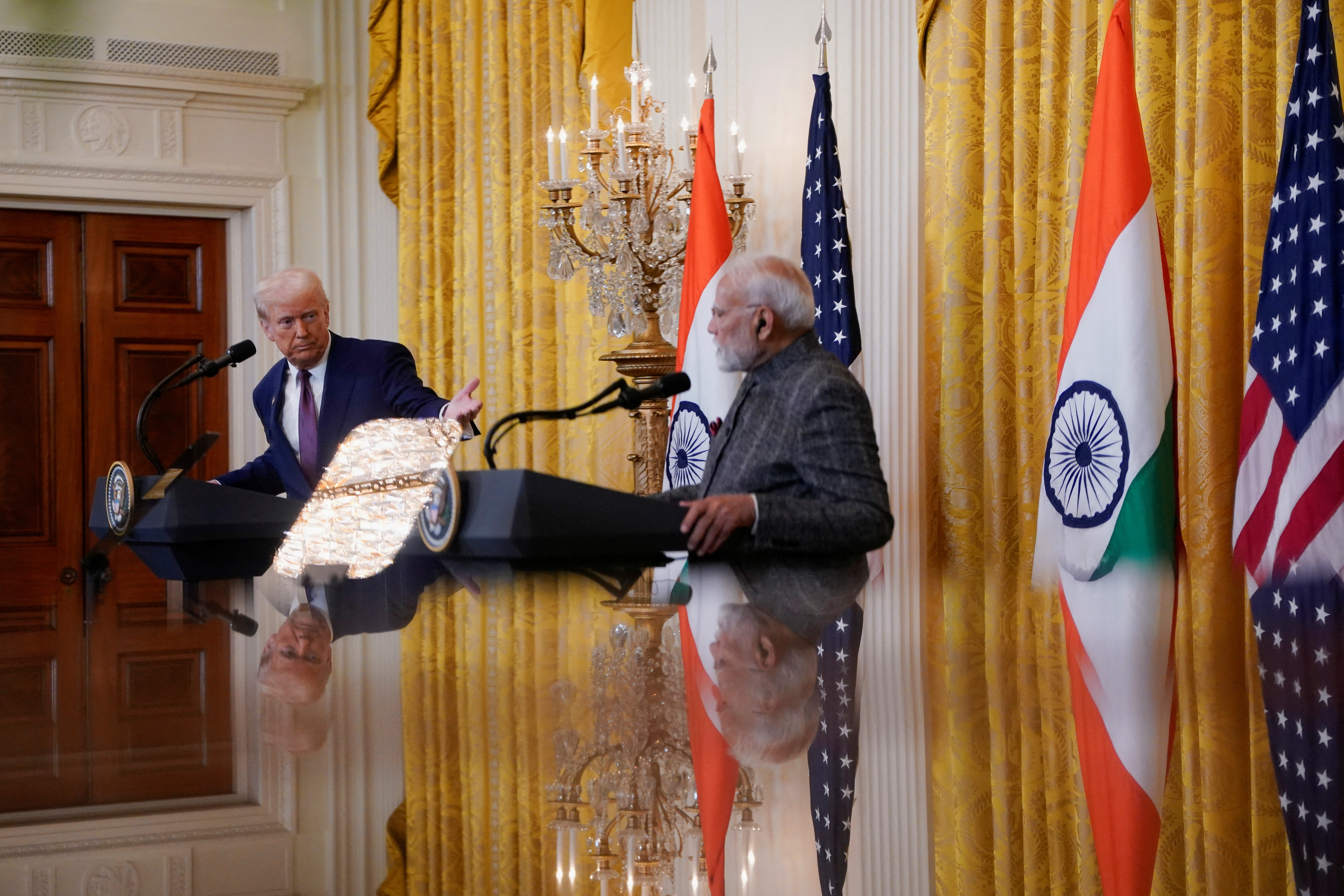
On the other hand, Pakistan has often welcomed international mediation, particularly from organizations like the United Nations, as it seeks wider diplomatic support to raise Kashmir’s status internationally. Pakistan believes active external engagement could bring renewed focus on the rights and wishes of Kashmiris, as originally set out in the UN’s 1948 resolutions. This difference in stance creates a deadlock that has made sustainable peace elusive.
The recent flare-up in conflict followed a terror attack in Indian-administered Kashmir in April 2025 that killed 26 civilians. Both countries responded with military strikes and retaliations, heightening tensions and international concern. While Trump loudly publicized his role, India’s leadership, including Prime Minister Narendra Modi, reasserted that the ceasefire was the result of bilateral military talks, rejecting the narrative of U.S. mediation and reaffirming its long-standing opposition to foreign involvement in resolving Kashmir or wider India-Pakistan disputes.
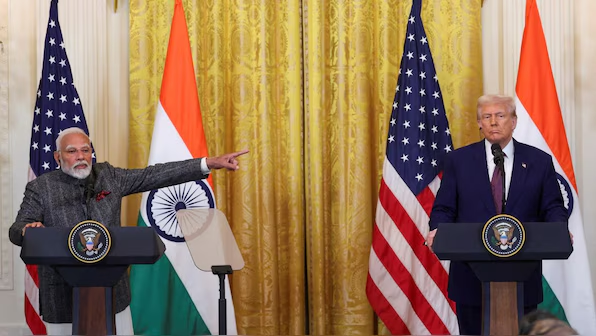
There are multiple perspectives to consider here:
-
From India’s point of view, accepting foreign mediation risks undermining the nation's sovereignty—a deeply emotive issue linked to historical pride and security. Many Indians believe that only direct talks with Pakistan will safeguard their strategic interests and preserve territorial integrity.
-
From Pakistan’s viewpoint, international mediation is an essential tool for elevating the Kashmir issue globally and enabling a platform where Kashmiris can express their political aspirations. It is seen as a necessary counterbalance to India’s military and political dominance in the region.
-
For the international community, particularly major powers like China, the U.S., and Russia, the conflict remains a dangerous flashpoint with far-reaching regional consequences. China's position exemplifies a complex interest: while advocating for peace, it leverages the conflict to maintain influence over Pakistan and the broader region.
Experts suggest the continuation of India’s rejectionist stance creates challenges for sustainable peace. While bilateral talks are ideal, the deeply entrenched mistrust means external actors might still play a role indirectly, if not officially, in crisis management. The current geopolitical climate, marked by shifting alliances and rising nationalism in India, complicates prospects for third-party mediation acceptance.
Moreover, there is a growing view that while foreign mediation remains politically sensitive for India, indirect pressure or quiet diplomacy may be necessary to avoid future wars. Analysts warn that focusing only on crisis management, without efforts toward long-term conflict prevention and normalized relations, will only perpetuate cycles of violence and hostility.
In conclusion, the narrative that "Trump ended the India-Pakistan wars" oversimplifies the complex reality. The ceasefire was more accurately a product of direct military communication and mutual restraint rather than formal foreign mediation. Yet, the question remains: how long will India persist in rejecting third-party mediation over its sovereignty, especially as regional tensions and international interests continue to evolve?
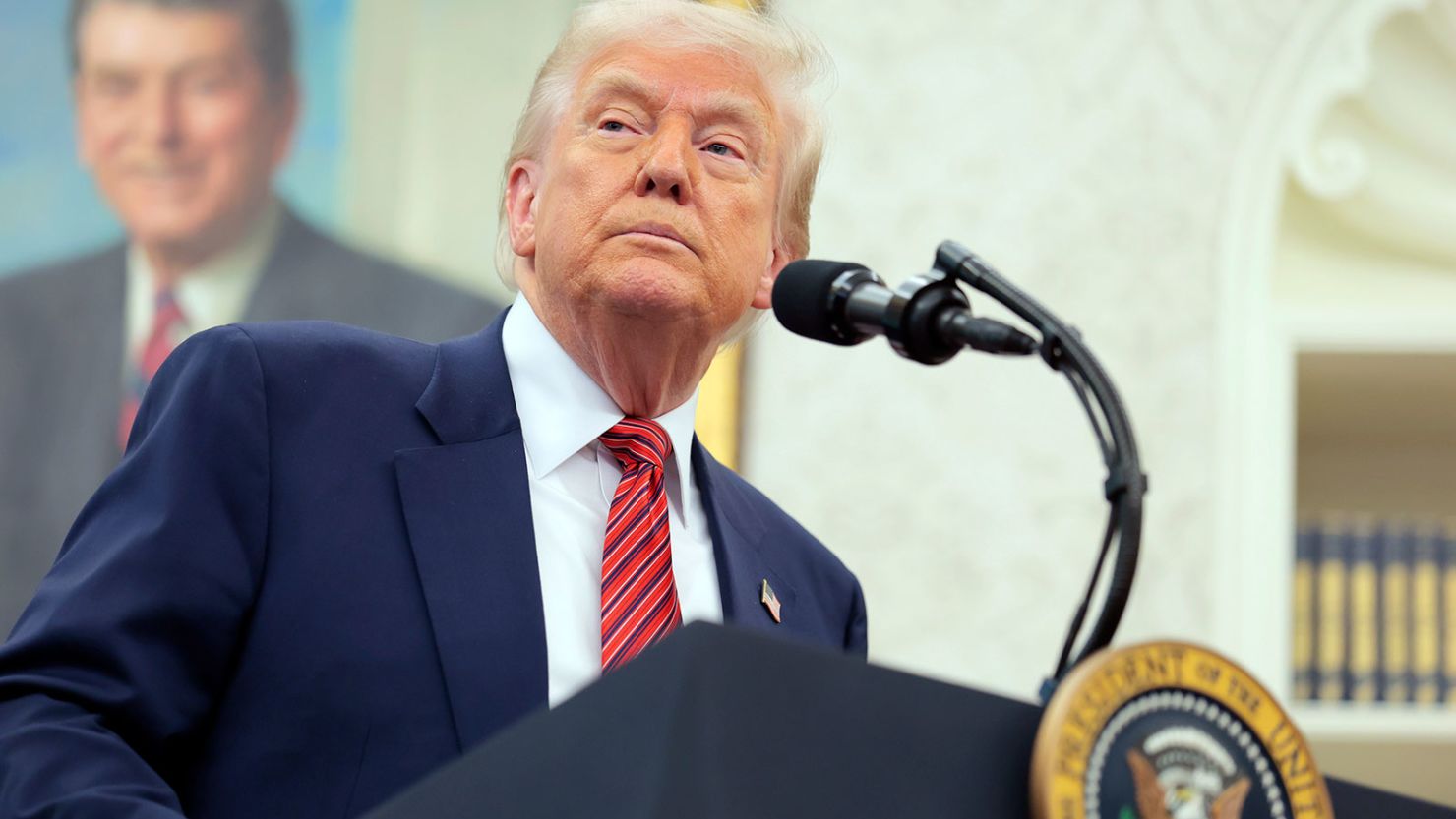
For now, India seems resolute in maintaining its sovereign pride, preferring bilateral solutions despite the risks of prolonged conflict. Whether this position helps or hinders peace depends on evolving domestic politics, regional dynamics, and the willingness of both India and Pakistan to engage without external interference. The international community's role may continue to be that of cautious observer and crisis manager, while true resolution must come from within the two countries themselves.
With inputs from agencies
Image Source: Multiple agencies
© Copyright 2025. All Rights Reserved Powered by Vygr Media.

